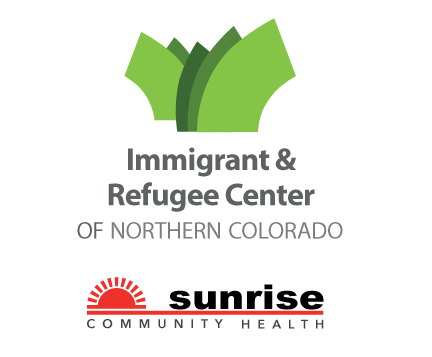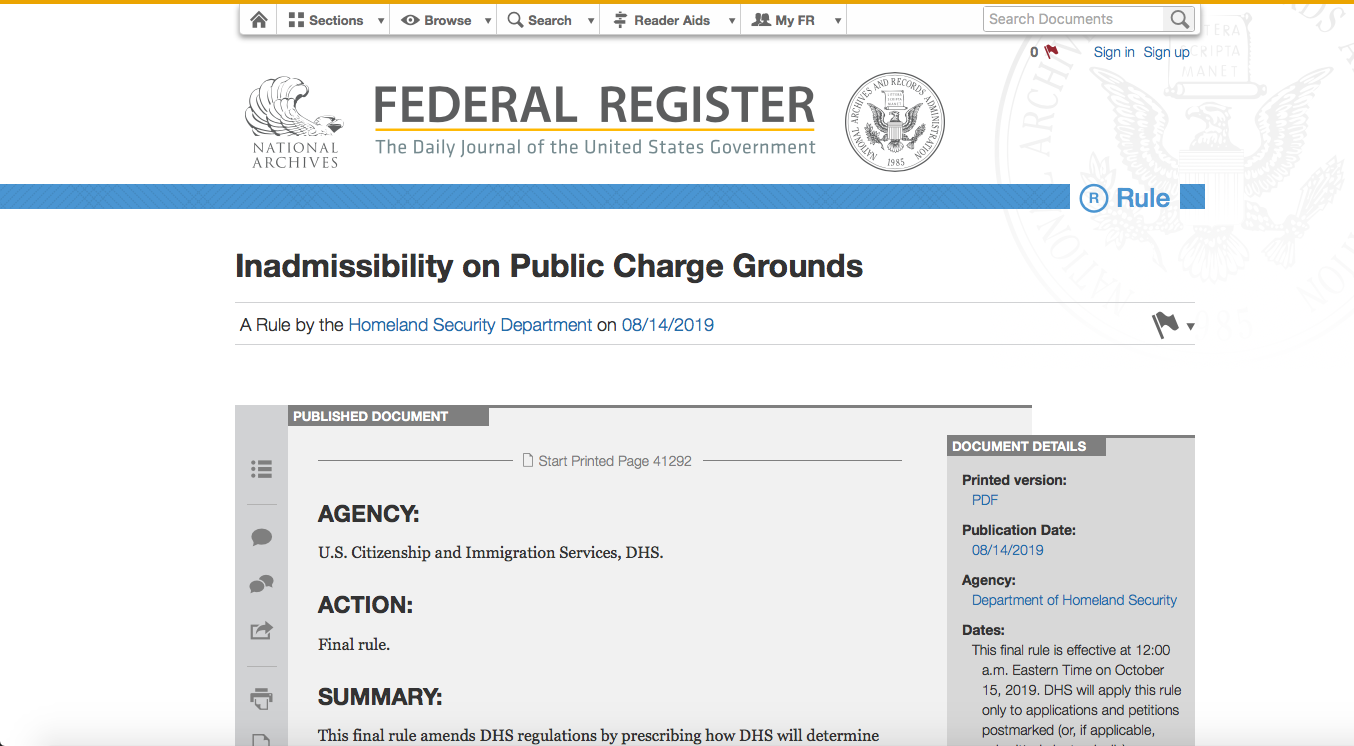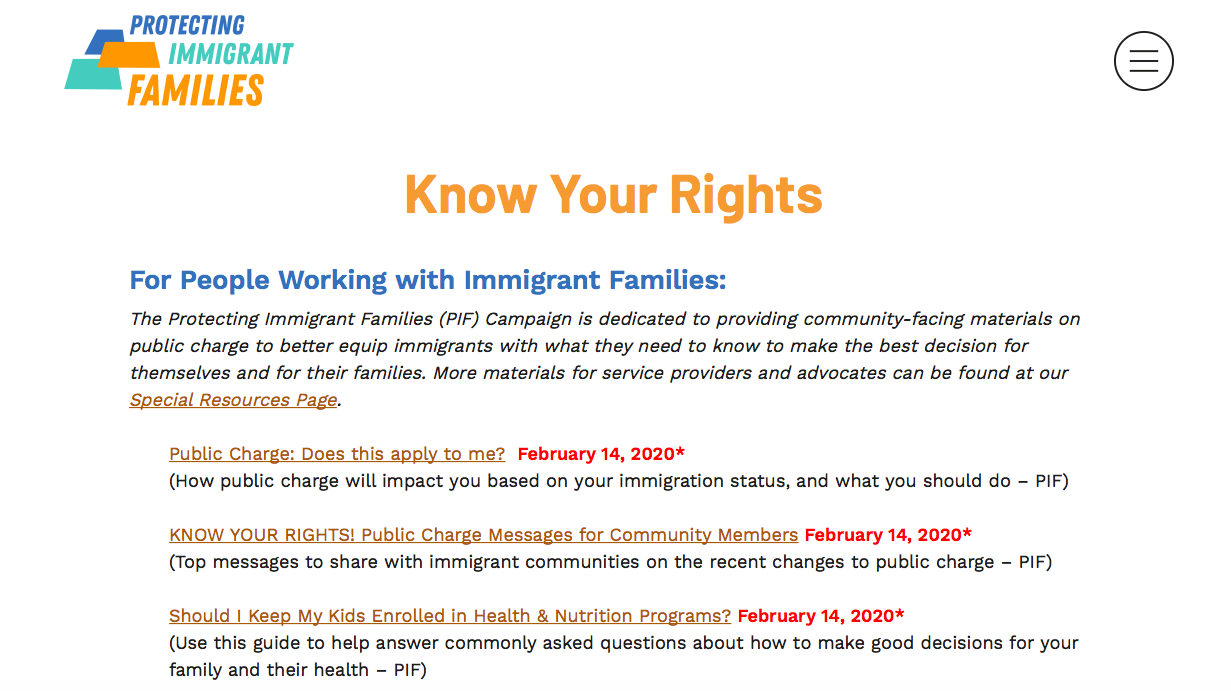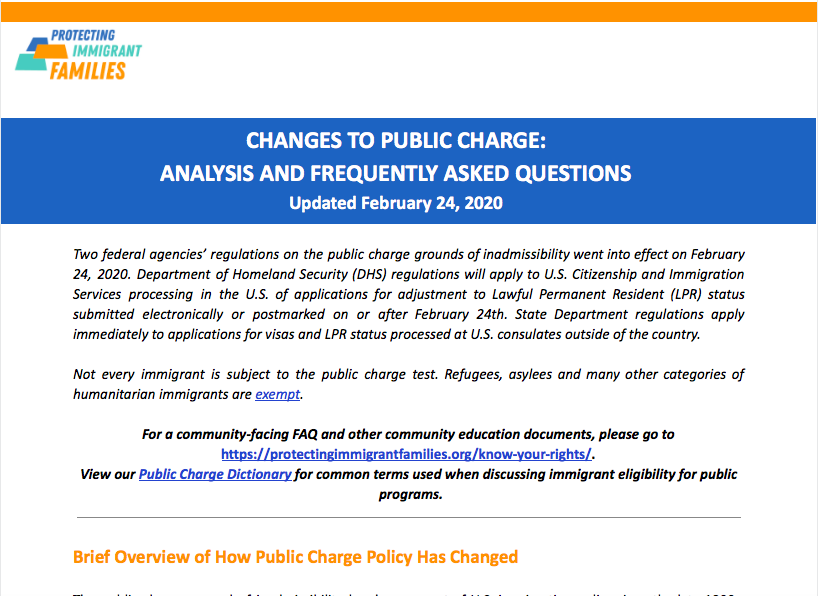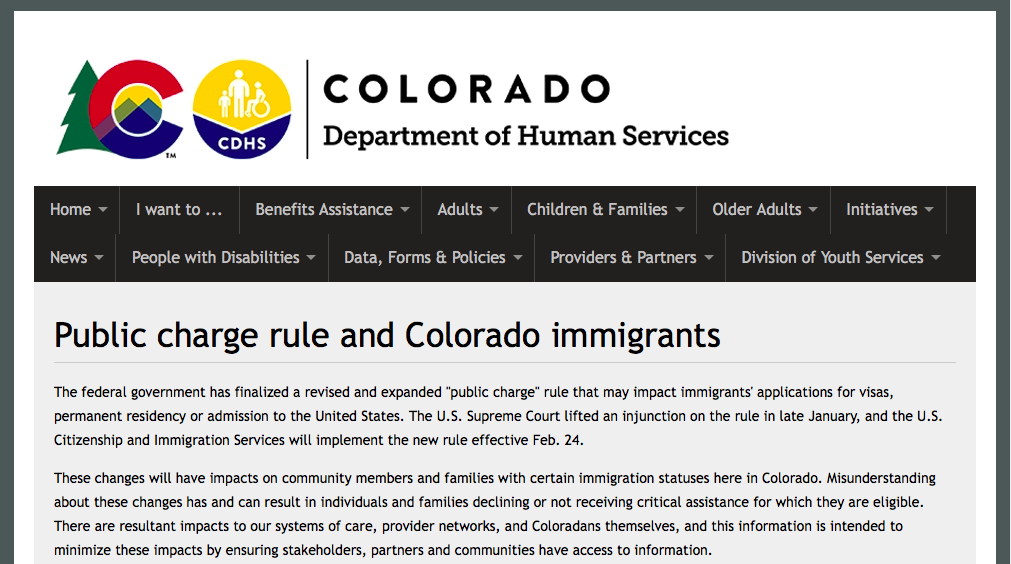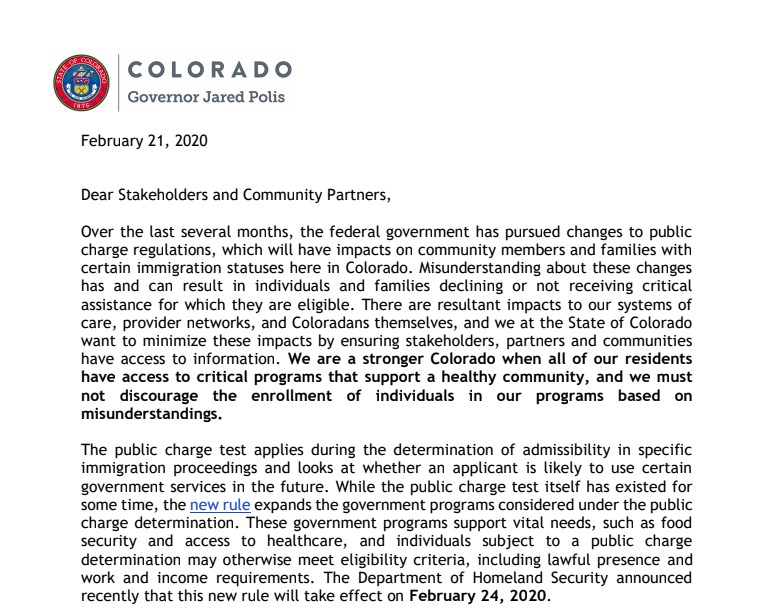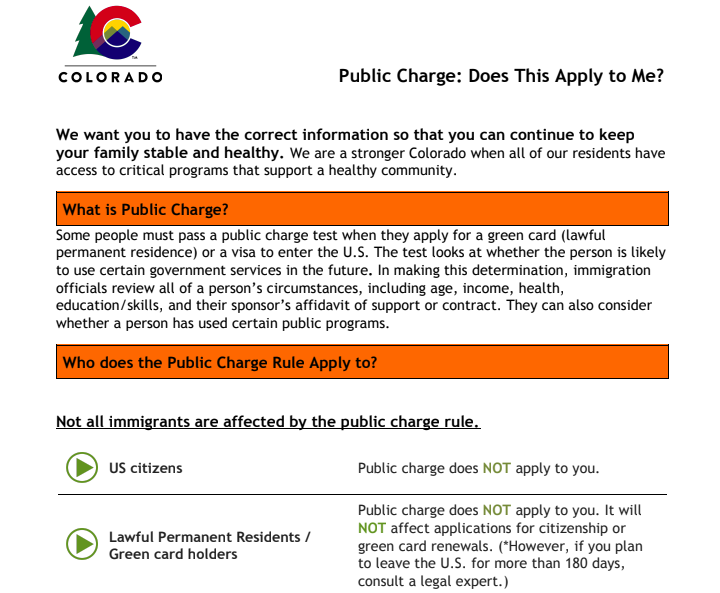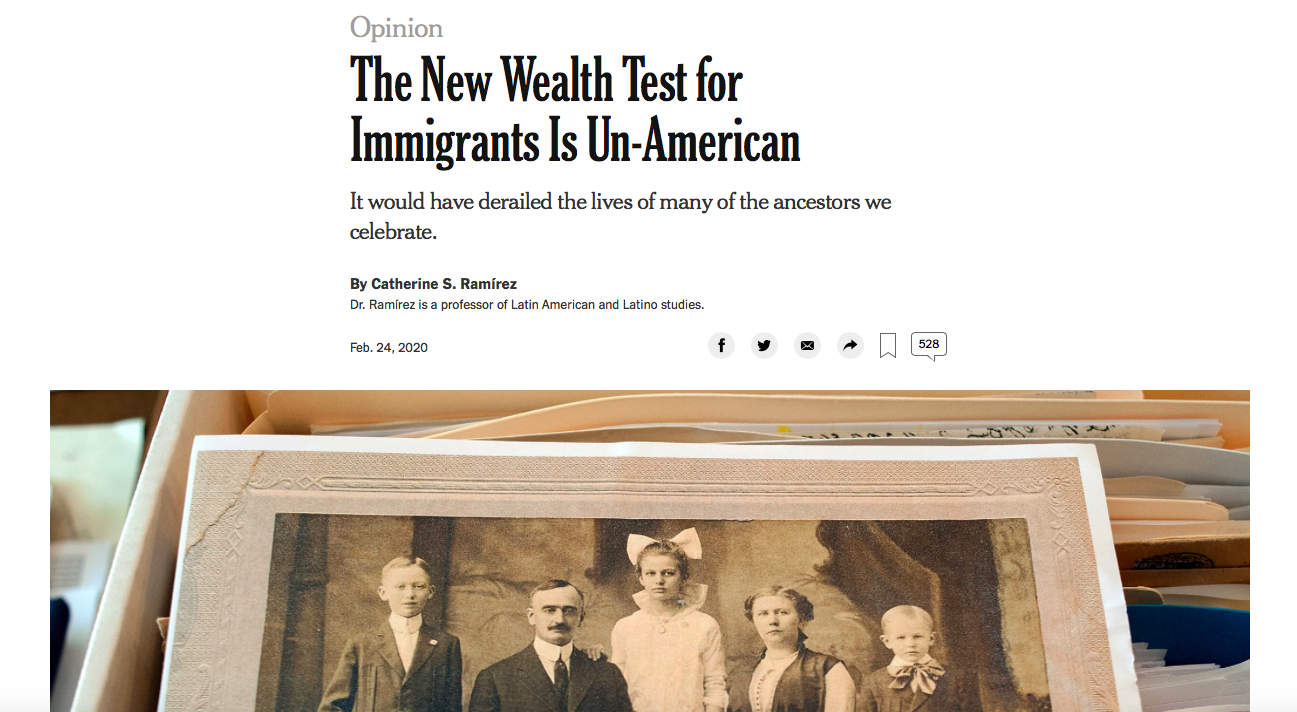Public Charge
Click on any of the links from the resource bank below to learn more:
What is “Public Charge” anyway?
Public charge is a term used to describe someone immigrating to the United States who is, or is likely to become, dependent on government assistance. As immigrants coming to our country often need to prove economic self-sufficiency as a factor in their being allowed to immigrate, having a high probability of being dependent on assistance works against you. Effective February 24, 2020, the programs that will be looked at for this determination are Medicaid, Supplemental Nutrition Assistance Program (SNAP), Public Housing or Section 8, cash assistance from Supplemental Security Income (SSI), Temporary Assistance for Needy Families (TANF), long-term governmental institutional support, and comparable state and local programs.
What is changing?
In August of 2019, the Trump Administration’s final revision of the public charge rule was released to the public. In summary, the changes to the definition of public charge will increase the number of economic factors that are considered against an applicant. If passed, this rule will consider health care, nutrition assistance, and housing assistance as factors to be weighed against applicants. In other words, low-to-moderate income immigrants will be seen as ineligible for a green card.
This breaks precedent with over 100 years of immigration policy. While the “public charge” rule has existed this whole time, the application of the rule was always murky and always supported the ethos of the American Dream and of reunifying families. No longer. Now, the prevailing ethos, with this change, is one that aims to reduce overall immigration, including legal immigration, by pushing out poorer applicants.
Why this matters:
Real families are impacted by these decisions. This means fewer green cards for immigrant families and a preferential system being created for more wealthy immigrants. Further, this move disincentivizes immigrants from seeking care and assistance that is needed: it makes more people go hungry, more people go without proper health care, and more people struggle to make end’s meet. This change goes against over 100 years of established practice. This rule is not in the interest of our immigrant communities.
Update: November 6th, 2018
Today, the Immigrant & Refugee Center of Northern Colorado submitted an official comment on the proposed changes to the “public charge” determination. This page has been created to give viewers access to our comment, to offer a history of the public charge debate, and to lay out steps to make one’s own comments on the proposed change prior to December 10th, 2018.
You may download a PDF version of our comment here.
Our Comment:
(Click to enlarge)
